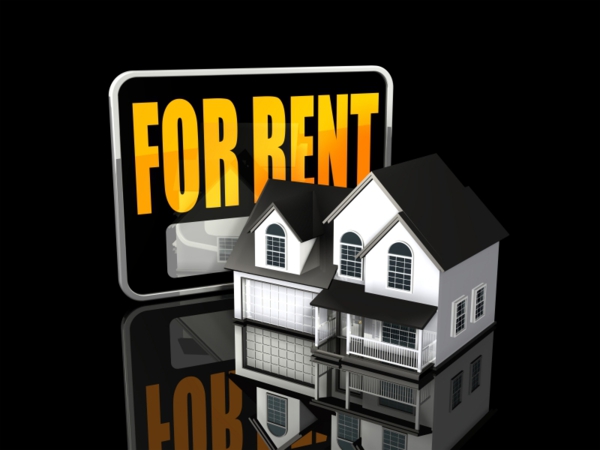<p>Even as the US housing market is supposedly on the rise, many homeowners who have lots patience in finding qualified buyers are turning to an alternative plan for the property — renting it instead. With the rental market becoming filled, options for renters expand even as rental prices escalate from the demand. Beyond lack of equity outside a rent-to-buy scenario, is renting a home worthwhile enough to make it a viable, long-term arrangement?<br />
<strong>For Renters</strong><br />
For those wanting more privacy and often more room, renting a house seems like the perfect solution to the housing question. At face value, however, renting a house almost always costs more than buying one per square foot. Only when the housing satisfaction overrides the cost differential might renters find it viable.<br />
Peripheral bills like utility costs are usually higher in homes over apartment or condos. The additional space renters gain costs more money to heat or cool. Trash pick-up is often a separate bill for home renters as well. Water may or may not be included as it is is many apartment rental agreements, but lawn care comes with its own cost too: Lawnmowers, trimmers and hedge clippers aren&#8217;t required in apartment living, in addition to the cost of powering those tools as necessary.<br />
Renter&#8217;s insurance usually covers only the renter&#8217;s property and doesn&#8217;t often cover damage to the rented property. While renters are not usually responsible for most repair bills to the furnace, for example, and save money for those repairs, property owners often cannot repair those items immediately. They must do so within the limits set by state laws, but during winter, even a day can be a long, cold time.<br />
If you still dream of home ownership one day, ask your potential landlord if he has plans to sell the property in the future. If so, there is no harm in inquiring about a rent-to-own (RTO) situation. Just ensure you have full disclosure what percentage of your monthly payment is for rent and what is toward purchase of the property. Rarely will a property owner allow full private financing, but it is possible. Know, however, that many include just the down payment amount. If you do opt for a rent-to-own scenario, know which your landlord has in mind.<br />
<strong>For Property Owners</strong><br />
If you own property you opt to rent, expect periods between residency where you are receiving no rental income. Unless your property is already fully owned, consider your mortgage payments during the lapse time. During any lien period by a finance company, be sure to include your homeowner&#8217;s insurance in a rental installment.<br />
Your insurance premium will probably escalate as a rental unit, for the property is no longer considered your private residence even as a single-family dwelling. Expect that increase in your premiums.<br />
Create an escrow account for maintenance costs. The washer and dryer unit you left for tenants must be replaced or repaired when they break. Know your state&#8217;s legal stipulations on changing the conditions of the rental agreement between rental or lease agreement periods. Most states prohibit reducing amenities during a term unless the renter agrees in writing to the reduction.<br />
Your rental income will be taxed differently than the rates with which you are most familiar. Contact a tax expert for questions and estimates on rental income tax handling.<br />
If you still want to eventually sell the property, consider a rent-to-own scenario. Most agreements allow only a down payment amount to accrue toward that goal. Once reached, the tenants must initialize outside financing for the bulk of the purchase price unless you want to carry it yourself. Seek legal advice in creating a contract template.<br />
Written by Jaye Ryan, a freelance author who enjoys writing about finance topics.</p>

Rent Or Purchase: The Next Housing Market Decision
